
Adventures in Teshuva
As baal teshuvas, the road to becoming religious was sometimes fraught with many obstacles. The more one tries to cleave to holiness, the more the Yetzer Hara resists…

Kashering our kitchen as newly anointed baal teshuvas, was a spiritually enriching experience between my husband, myself, Hashem—and the St. Louis fire department.
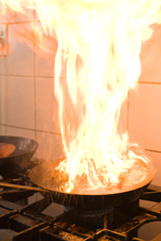 It all began with an innocuous can of Easy-Off® and two inexperienced balabustas (my husband and myself). Married under three years, with a sleeping toddler safely ensconced in his bed, we followed the Rabbi’s instructions (or so we thought) and proceeded to kasher our oven. After spraying its insides (quite generously) we turned up the heat (also generously) and we proceeded to wait. While the oven was going through its ‘conversion’ process, my husband went to our room, stating that under no circumstances could he be disturbed, being that he had to study for his law school finals. So I did what any good wife would do—I followed his instructions implicitly—until the smoke began.
It all began with an innocuous can of Easy-Off® and two inexperienced balabustas (my husband and myself). Married under three years, with a sleeping toddler safely ensconced in his bed, we followed the Rabbi’s instructions (or so we thought) and proceeded to kasher our oven. After spraying its insides (quite generously) we turned up the heat (also generously) and we proceeded to wait. While the oven was going through its ‘conversion’ process, my husband went to our room, stating that under no circumstances could he be disturbed, being that he had to study for his law school finals. So I did what any good wife would do—I followed his instructions implicitly—until the smoke began.
I weighed the pros and cons of bothering my husband, and when the fear of smoke inhalation grew in greater proportions along with the acrid smell and smoke, I went to call him. My husband, in his defense, was nose deep in his studies, and knew, from past experience, that his wife could exaggerate—a little. So he didn’t rush out so quickly to assess the situation, and I went back to the living room to bite my lip—and wait. Just when I thought of dragging him out to see the ‘evidence’ for himself (maybe if I spoke in legalese I would get a better response) the sound of wailing sirens sounded in the distance. Funny, I thought, they sound as if they are coming closer and closer…wait—they’re stopping in front of our apartment complex! By then my husband was at my heels as I opened the door, only to find our upstairs neighbor running frantically down the stairs yelling something about smoke coming out of her kitchen cabinets! Quicker than you could say ‘fire brigade’ what seemed like an entire, well—fire brigade burst into our apartment to take care of business.
After the smoke literally and figuratively cleared moments later, two very abashed and contrite baal teshuvas asked forgiveness (I guess it’s part of the process) from our neighbor and the Fire Department. How we kashered our oven in the end escapes me, but it definitely was not as exciting as our first attempt.
At some point after that the local Chabad Rabbi appeared, blow torch in hand, to complete the rest of the kashering. Our wedding dishes had to be given away (to a non-Jew, of course) and the Rabbi made quite the impression as he torched every available ‘kosher-able’ surface. I was amazed at how fire—and or water—could change the status of something so completely, from non-kosher to kosher. From impure to pure. How Hashem gave us the tools we needed, both spiritually and physically, to be able to change our spiritual station in life if we so wanted. The idea that not only change—but forgiveness, a clean break with the past was mine if I would accept it—was as humbling as it was inspiring.
There were other moments along our path to teshuva that readily stand out. Like the first time we purchased a packaged kosher chicken. Now, before we were married, I didn’t have any domestic abilities to my credit, This was due to the fact that along with most women of my secular generation, we had been primed for college, and then a career-oriented future. We had been trained to think like men. Cooking, sewing, and housekeeping had been left back somewhere circa 1950. Being that I veered off course, and I found myself married at a young age, I desperately wished that the angels in charge of domesticity would somehow appear and bless me with the skills I never thought I would need. I was supposed to be some famous single writer living in New York with a couple of poodles—not some hapless baal teshuva housewife tackling a kosher chicken in St. Louis!
So with the help of Hashem, I opened the package unsuspecting—when all of a sudden I spotted it, wrapped in a neat little package— a bonafide, raw chicken liver! I let out a scream, which sent my husband running, of course (do I exaggerate)? I proceeded to utter an unintelligible dribble about the extra ‘present’ included with our chicken. After all, whatever chicken I had cooked (or bought) had been of the treif variety. Being that it was made to look appealing to the buyer, it was pumped with hormones and who knew what else, simply to make it look more appetizing. No chicken I had come across had ever included such a prize! I thought of my great grandmother a”h who used to pluck the feathers off her chickens before kashering them, and wherever she was she must have been having a good belly laugh at her great granddaughter’s kashering misadventures.
As we grew in our Yiddishkeit so did our ‘religious blunders’. Like the time I left the house after I began covering my hair without my hat. I remember crouching in the front drive, covering my head with my arms as if I was running for my life from a pack of birds. Of course, to the casual observer there was nothing wrong with my head. But as I grew in my Jewishness, I also grew in my awareness that there is One Observer Who I cared about very much—Who was observing me even if no one else was–and walking out hat less suddenly struck my neshama as odd.
Over the years there were many more stories—of mishaps and triumphs. We were like two infants learning the ropes of Torah living. The Rabbi and Rebbetzin became our spiritual parents, guiding us every step of the way, cheering us on as we took on more and more mitzvot, clapping at our every milestone and accomplishment. And when they walked us to the chuppa for the second time (our first marriage was not Orthodox) on the lawn outside the Chabad house, we had reached an apex in our journey, the first of many. Our first wedding was more elaborate by far, and as a kallah the second time around, the napkin ‘veil’ I sported under my hat was definitely less fancy than the first one. But underneath this second chuppa, we were finally uniting in a holy marriage, with all its laws. We were united by kashrut and Shabbat and family purity–and of course, Hashem. We were two people reborn and remade, our neshamas finally at peace after wandering for so long.
Fast forward a few years later to my brother’s wedding in New York. His wedding was officially the first ‘big’ frum wedding in our family, complete with mechitzah, beddeken and all. I cried so much at that wedding—not only from joy, but at the completion of a circle that began long ago. Under the chuppa, our father helped my brother don his kittel–a kittel with a history. This kittel had belonged to our great grandfather, who unfortunately perished in Auschwitz. This kittel was carried by our grandfather, a Holocaust survivor, after the war, onto the shores of Eretz Yisrael. As the suitcase containing the kittel was thrown ashore and hit the water, it became stained. Through over five decades of storage it became yellowed. My brother’s future mother in-law took it to one of those seemingly magical Chinese Laundromats in New York, and it became pristine once more. As my brother put on the kittel, it fit him as if it was tailor made. I glanced at my grandfather, as he watched his grandson wearing his father’s kittel for the first time, a kittel that had been shelved and forgotten for over fifty years– and the tears began anew, all around. For isn’t the story of this kittel the story of the Jewish people? Haven’t we been beaten, persecuted and martyred—and yet we survive, rebuild, and become stronger than we were before? In the merit of zechut avos—the merit of our forefathers—countless baal teshuvas have come back, being pulled as if by an inexplicable force to the religious landscape of their ancestors. The tears of countless Bubbies and Zeidies, martyred or otherwise culminate in moments like these generations later. The Judaism that was shelved for decades suddenly gets taken ‘off the shelf’, dusted, and is ‘worn’ once more by a new generation. The neshamas of their baal teshuva descendants get sent to a spiritual laundromat, where they are dusted, cleaned and worn again, a pristine white. Just like the kittel.
As baal teshuvas, the road to becoming religious was sometimes fraught with many obstacles. The more one tries to cleave to holiness, the more the Yetzer Hara is going to try to foil us and our holy plans. And yet I remember the words of a very wise woman, who recently told me, “The Torah was not given to the Angels. It was given to human beings.” Yes. Fallible human beings who make mistakes. Human beings who can recreate and start anew.
The road to teshuva is not always easy. But somehow, the harder it gets, the more you want to make it yours. I hear about friends of old, some who never even built families of their own, and I shudder at what could have been. Only because of Hashem’s loving grace (as Rabbi Brody says) have I finally become what I never thought I would be—a grateful housewife and mother living in the Holy Land.
For just like the kittel, our Yiddishkeit can reach us from generations past , all the way to the present, and guide us towards our future. And just like the kittel, which was yellowed with age, and brittle after years of laying dormant, we can wash our neshamas, cleansing off the grime that held us back. You can watch as layers of soot transform into a white and pristine garment, ready to be worn again, washed by our tears, and the tears of our ancestors. And once we try it on for size, we will see that it was always a perfect fit.



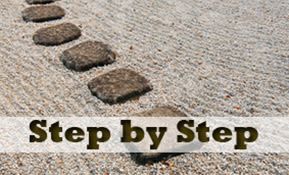
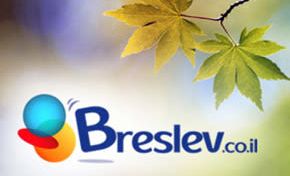
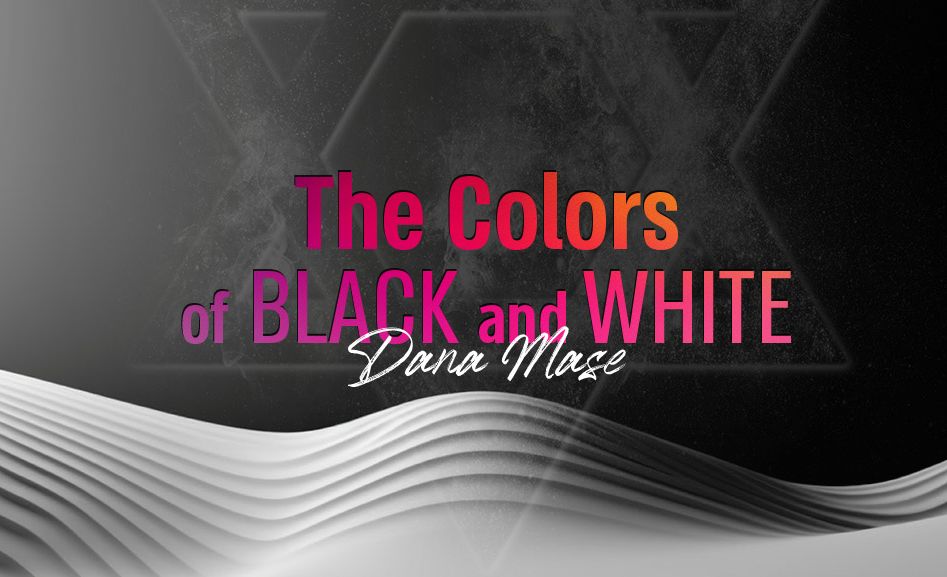
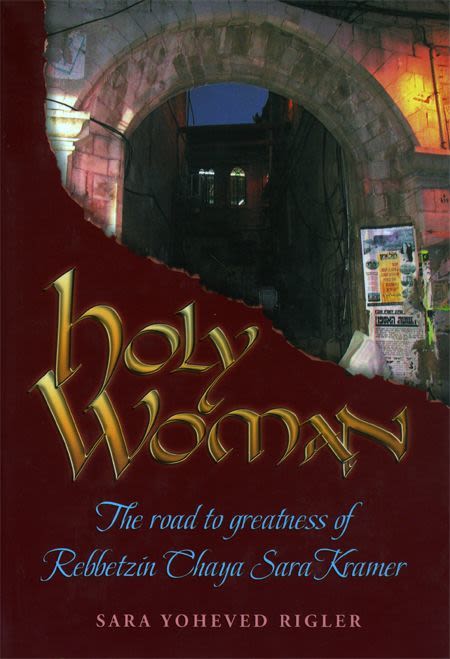
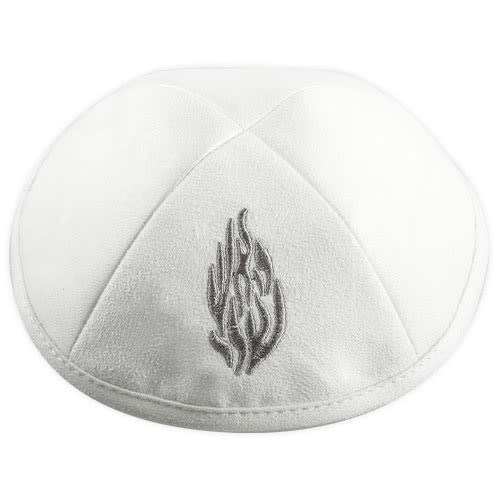
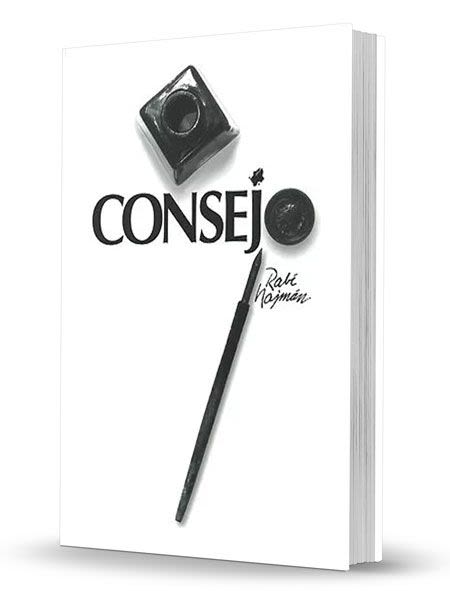
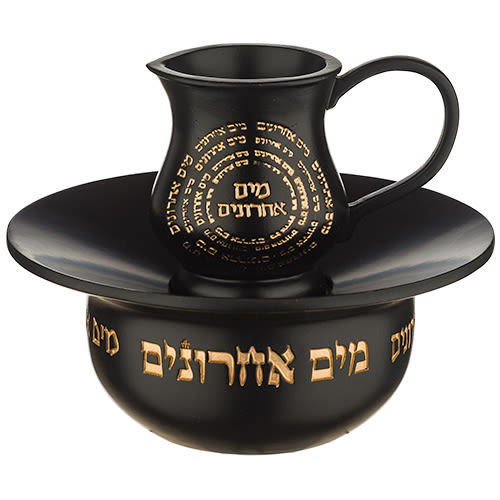
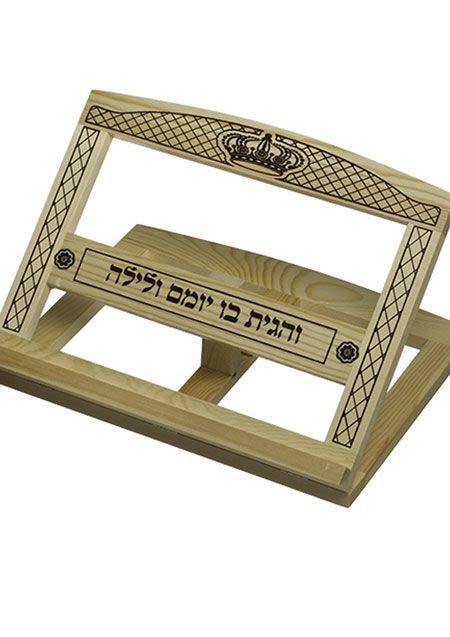

12/13/2010
Beautiful… Natalie, so much encouragement and inspiration. Looking forward to more of your articles.
12/13/2010
Natalie, so much encouragement and inspiration. Looking forward to more of your articles.